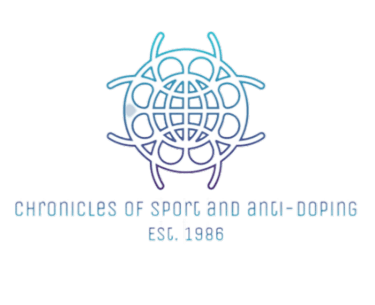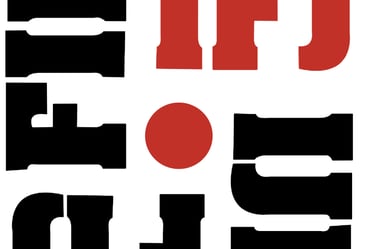Former President of International Biathlon Union Sentenced for Aggravated Corruption


Former President of International Biathlon Union Sentenced for Aggravated Corruption
Anders Besseberg, the former president of the International Biathlon Union (IBU), has been sentenced to three years and one month in prison for aggravated corruption, according to Norwegian prosecutors. The 78-year-old Norwegian, who headed the IBU from 1993 to 2018, was found guilty of nine out of ten charges related to corruption between 2009 and 2018.
During his time in office, Besseberg was found to have accepted bribes and other unlawful advantages. Despite denying the charges, the court ruled against him, leading to his conviction. The severity of the charges and the subsequent sentence highlight the gravity of the corruption that took place within the IBU.
The Impact of Corruption on Sports Governance
The case of Anders Besseberg raises serious concerns about the integrity of sports governance and the potential for corruption within international sporting bodies. The IBU, responsible for overseeing the sport of biathlon, plays a crucial role in ensuring fair competition and upholding the values of honesty and transparency.
Corruption within sports governance not only undermines the principles of fair play but also erodes public trust in the integrity of the sport. It creates an uneven playing field, where success is not solely determined by talent and hard work but can be influenced by illicit activities.
Moreover, corruption within sports organizations can have far-reaching consequences beyond the immediate impact on the sport itself. It can damage the reputation of the sport, discourage participation, and deter potential sponsors and investors. The consequences of corruption are not limited to the individuals involved but can have a detrimental effect on the entire sporting community.
The Need for Stronger Governance and Transparency
The case of Anders Besseberg serves as a wake-up call for the need to strengthen governance and transparency within sports organizations. It highlights the importance of robust internal controls, ethical guidelines, and independent oversight to prevent and detect corruption.
International sporting bodies must prioritize the implementation of effective anti-corruption measures, including thorough background checks for officials, financial transparency, and the establishment of whistleblower protection mechanisms. These measures can help create a culture of accountability and integrity, ensuring that those in positions of power are held to the highest standards of ethical conduct.
Additionally, collaboration between sports organizations, law enforcement agencies, and governments is crucial in combating corruption in sports. By working together, these stakeholders can share information, investigate allegations, and prosecute those involved in corrupt practices.
Ultimately, the case of Anders Besseberg should serve as a catalyst for change in the world of sports governance. It is imperative that the lessons learned from this case are applied to prevent future instances of corruption and to restore public trust in the integrity of sports.




